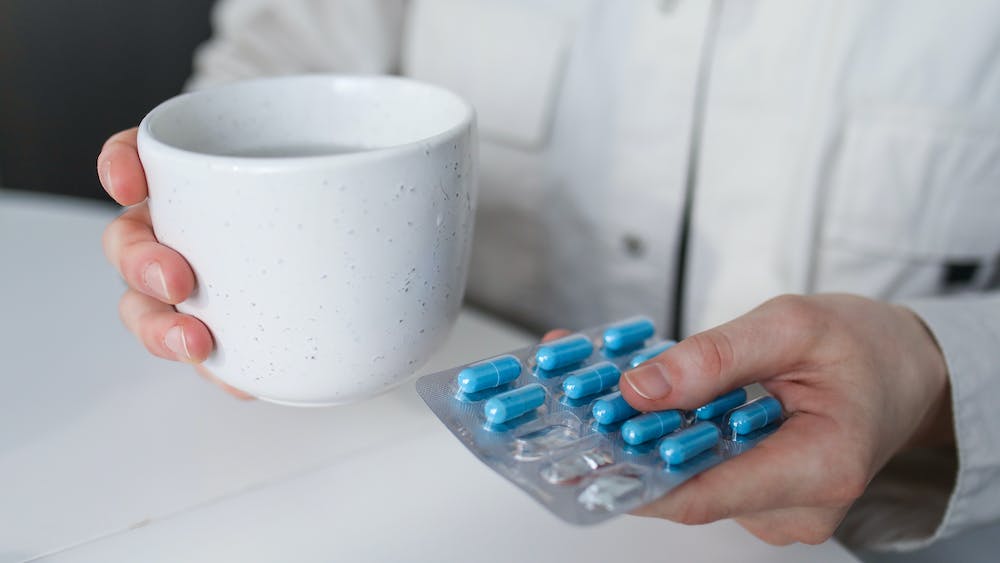Addiction to drugs and alcohol is a complex issue, impacting millions worldwide. When individuals find themselves caught in the web of substance abuse, determining the appropriate course of action becomes a priority. Understanding the distinctions between detox vs. rehab is important for making informed decisions for a successful recovery journey.








